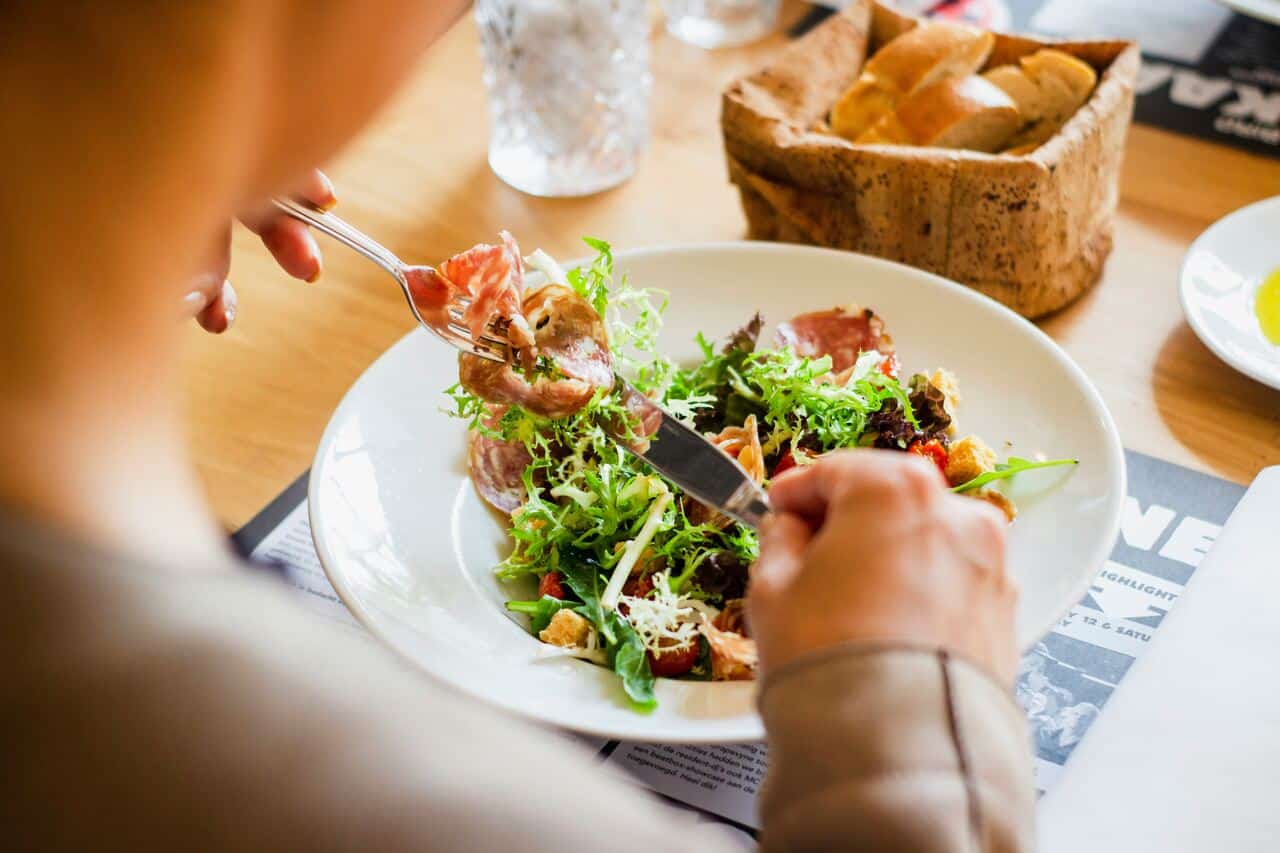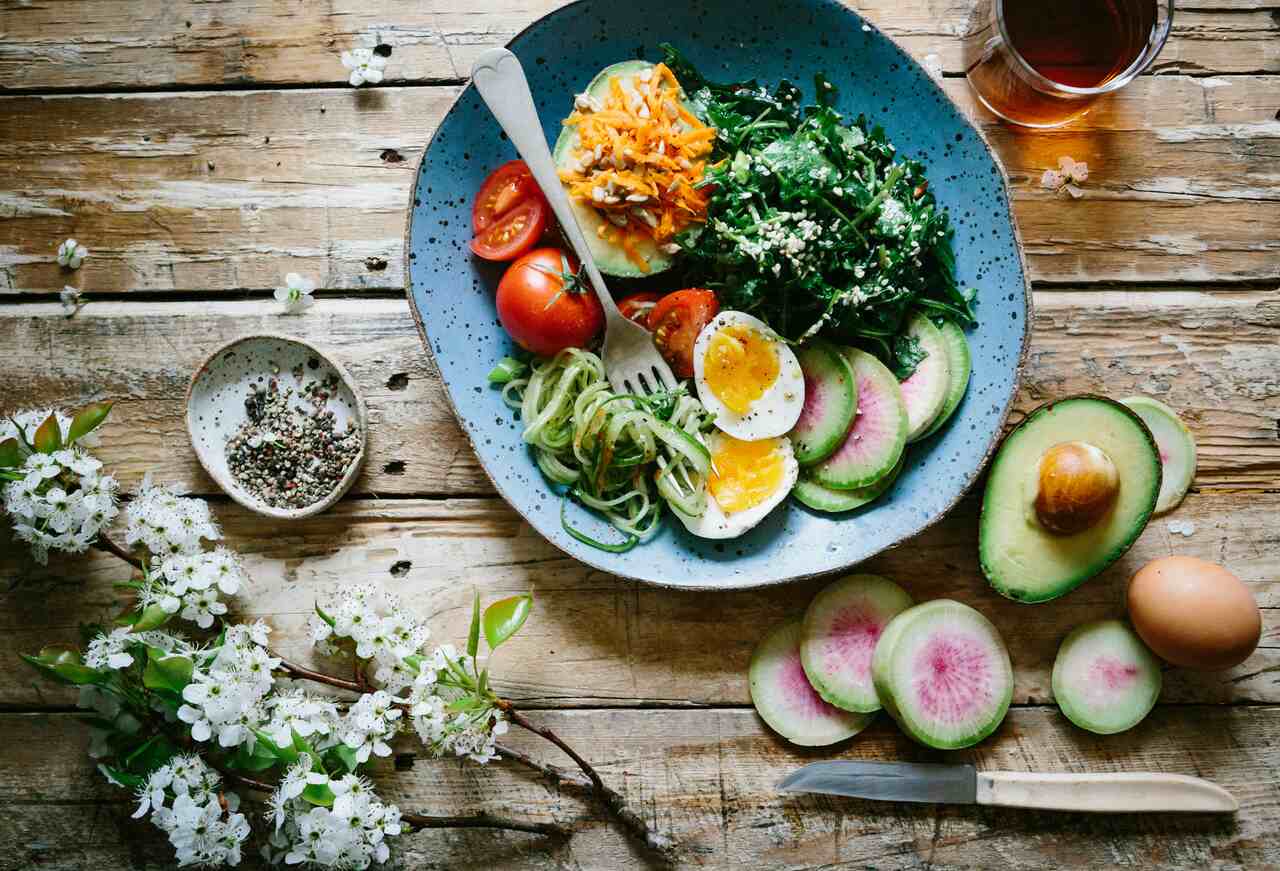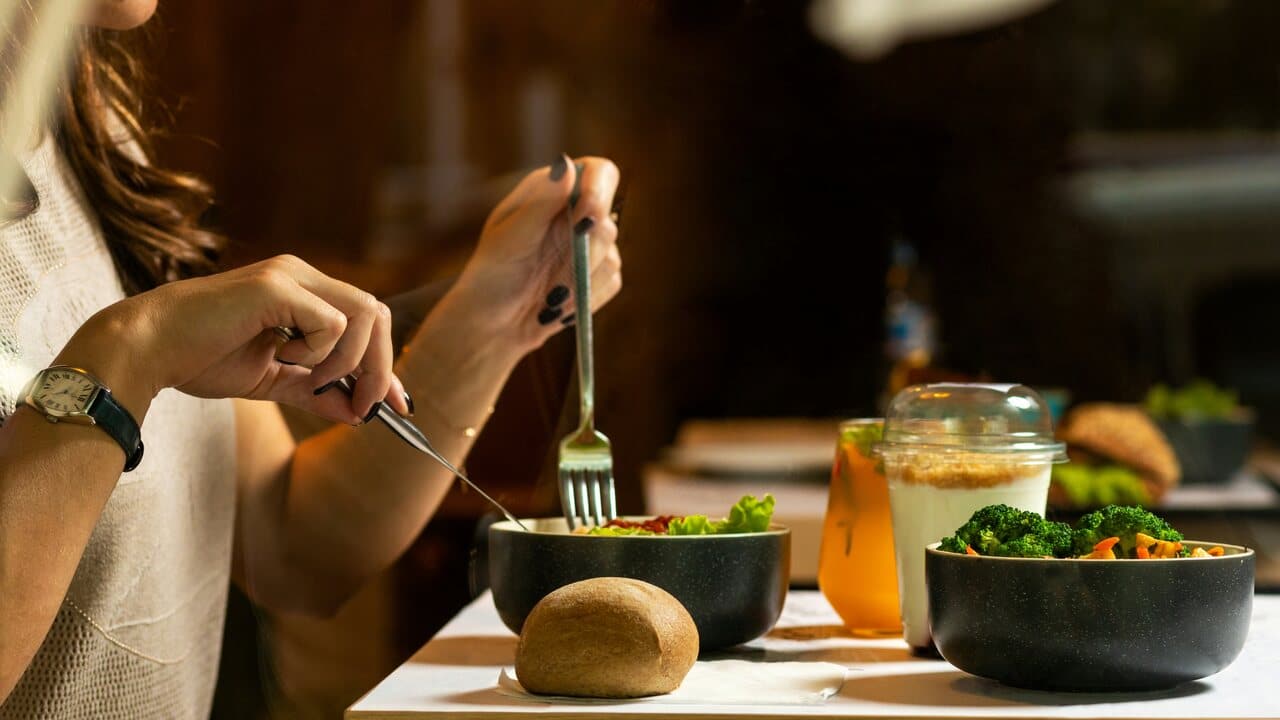
Why Do New Mothers Get House Arrest in Colombia?
DATE:
Having a baby is a life-changing experience, full of joy, sleepless nights, and countless diapers. But did you know that in Colombia, there’s a unique tradition to help new mothers recover from childbirth? It’s called “Hacer la Dieta,” and it’s more than just a diet—it’s a comprehensive approach to postpartum care deeply rooted in Colombian culture.
For some new mothers, this even means living on a form of self-imposed house arrest for several WEEKS after delivery!
What is “Hacer la Dieta”?
Definition and Overview
“Hacer la Dieta,” which translates literally as “doing the diet,” refers to Colombia’s custom of postpartum seclusion. This is a time for rest, recuperation, and strengthening your bond with the baby, not for losing weight. The protocol includes food suggestions and limitations as well as lifestyle instructions to enhance the health and wellbeing of the new mother.
Dietary Restrictions and Recommendations
During “Hacer la Dieta,” new mothers follow a prescribed diet rich in nutrients to aid recovery. Common foods include:
- Caldo de Gallina: A nourishing chicken soup believed to restore energy.
- Herbal Teas: Specially brewed with plants like chamomile and anise to soothe and heal.
- Fresh Vegetables and Fruits: To provide essential vitamins and minerals.
Avoiding cold and heavy foods is also a part of the regimen, aiming to prevent digestive issues and promote overall well-being.
The History and Origins of “Hacer la Dieta”
Indigenous Influences
The roots of “Hacer la Dieta” can be traced back to indigenous postpartum practices in Colombia. Indigenous communities valued the postpartum period as a sacred time for mother and child, emphasizing rest and specific dietary habits to ensure recovery.
Spanish Colonial Impact
With the arrival of Spanish colonizers, these indigenous practices blended with Spanish traditions, forming the “Hacer la Dieta” known today. The Spanish influence added new elements, such as certain herbal remedies and confinement practices, creating a unique cultural fusion.

Traditional Practices and Beliefs
Rest and Confinement
A central aspect of “Hacer la Dieta” is the concept of rest and confinement. New mothers typically remain at home for a period ranging from 40 days to three months. This period is seen as essential for physical healing and emotional adjustment to motherhood.
Herbal Remedies and Baths
Herbal remedies play a significant role in this tradition. Special herbal baths are prepared to help mothers relax and heal. These baths often include herbs like calendula and rosemary, known for their soothing properties.
DID YOU KNOW…?
In Colombian culture, it is believed that skipping “Hacer la Dieta” can lead to long-term health issues for the mother, such as chronic fatigue and back pain.
Potential Health Benefits and Risks
Physical Recovery
One of the primary benefits of “Hacer la Dieta” is the support it provides for physical recovery. The focus on rest and nutritious food helps new mothers regain strength and recover from the physical toll of childbirth.
Emotional Well-being
In addition to physical benefits, “Hacer la Dieta” supports emotional well-being. The dedicated time for rest and bonding with the newborn can reduce stress and promote mental health.
Modern Adaptations and Alternatives
Shorter Confinement Periods
In modern times, many new mothers find the traditional confinement period challenging to maintain due to work and other commitments. As a result, some opt for shorter confinement periods while still incorporating key aspects of the tradition.
Incorporating Modern Medical Practices
Modern adaptations of “Hacer la Dieta” often include a blend of traditional practices and contemporary medical advice. New mothers might follow dietary guidelines and rest periods while also attending regular medical check-ups and using modern healthcare practices.

Wrapping Up!
“Hacer la Dieta” is a fascinating and vital part of Colombian traditions, reflecting a deep respect for the health and well-being of new mothers. By blending rest, nutrition, and traditional practices, this period supports both physical recovery and emotional well-being.
Whether you are exploring “Hacer la Dieta” as part of your heritage or out of curiosity about Colombian culture, understanding its benefits and potential risks is essential. Modern adaptations make it accessible and relevant in today’s fast-paced world, allowing new mothers to reap its benefits without compromising on contemporary medical care.
For those interested in delving deeper into Colombian postpartum traditions or looking to learn more about the rich tapestry of Colombian culture, SpanishVIP offers personalized guidance and insights. Start with a free 1:1 class or enjoy a free 7-day trial of our group classes to experience the best in language and cultural education. Join us in celebrating and preserving these beautiful traditions while adapting them to modern life.








